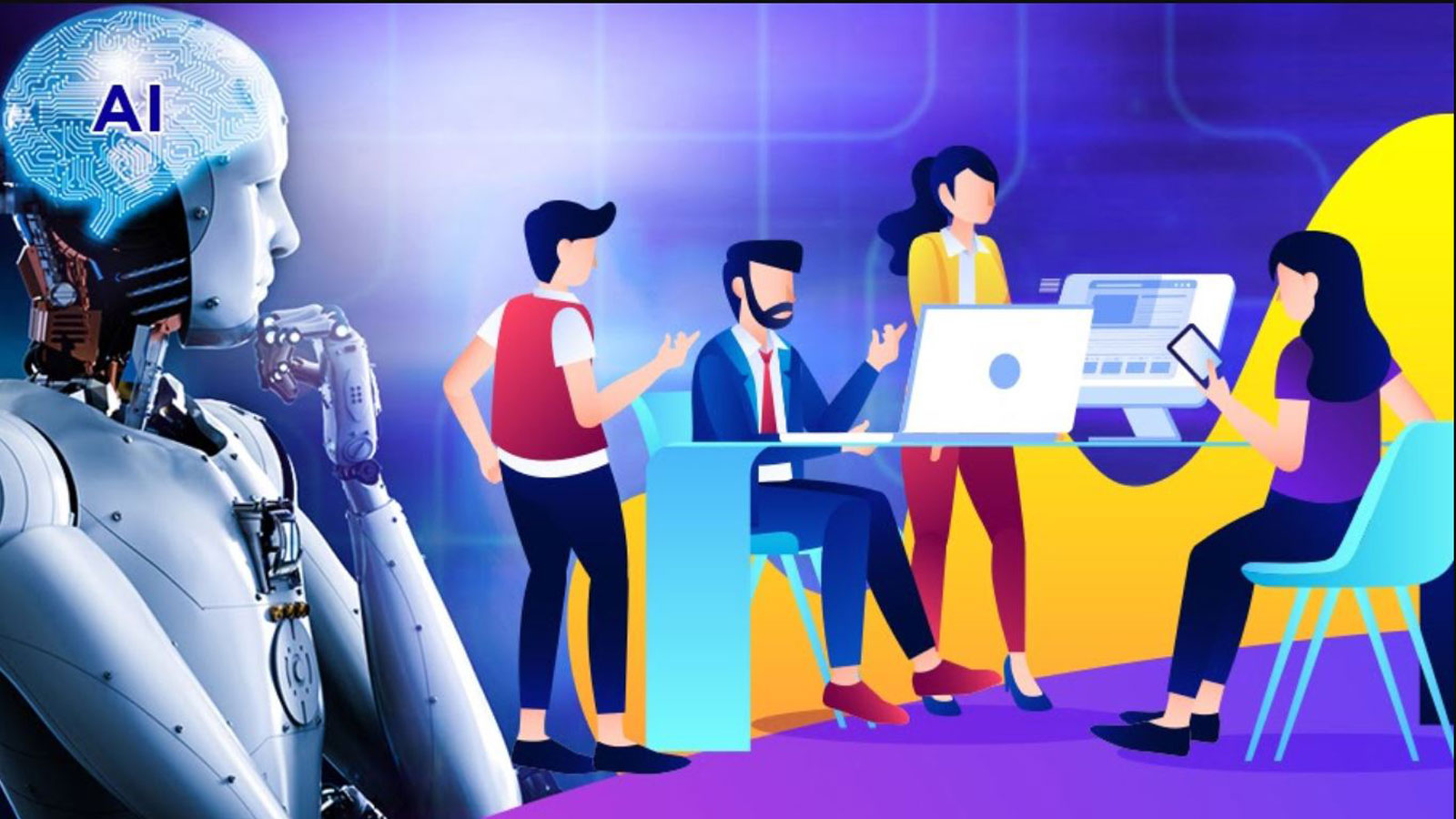How AI Will Change Project Management As We Know It

Project management today relies heavily on manual processes, email chains, and legacy software tools. While these have sufficed in the past, artificial intelligence promises to bring project collaboration, planning, and delivery into the 21st century.
AI-powered project management tools are emerging that leverage data, algorithms, and machine learning to optimize workflows, surface insights, and automate repetitive tasks. As AI proliferates across the workplace, project managers will need to rethink processes and adopt technology that augments human strengths.
In this post, we’ll explore some of the key ways AI could transform project management and planning as we know it. The right implementation of AI sets the stage for enhanced productivity, efficiency, and innovation.
Smarter Task Prioritization
Juggling multiple tasks across a project while dealing with inevitable surprises is cognitively taxing. AI excels at looking at all activities and upcoming deadlines to determine the optimal task order and priority level based on dependencies and resources.
Rather than rigid linear checklists, AI can dynamically reorder workflow in real-time as new information emerges. Intelligent assistants may even suggest when to pause work on the critical path to handle an urgent issue without delaying the overall project. This data-driven prioritization removes guesswork so teams work on the right tasks at the right time.
Enhanced Resource Management
Allocating resources like staff time, equipment, and budgets is a perennial project management challenge. But AI tools can tap into data like employee skills, availability, workloads, and project needs to optimize scheduling.
By matching people to tasks where they’ll contribute the most value while balancing workloads, AI enables smarter resourcing. Machine learning algorithms also forecast future resource requirements more accurately based on evolving project trajectories. AI oversight of resources minimizes bottlenecks.
Accelerated Document Creation
Project managers spend countless hours creating status reports, presentations, emails, change orders, and other critical documents. AI automation can draft, customize, and format these documents in seconds after a quick prompt.
Rather than manual typing, project leaders can have an AI assistant generate needed materials on demand to share with stakeholders. More time is spent strategizing and analyzing data versus creating reports. AI becomes a multiplier for productivity.
Intelligent Risk Assessment
Assessing risks on large projects involves identifying hundreds of potential issues, estimating likelihoods and impacts, and defining mitigation steps. AI modeling tools can continuously analyze technical plans, simulations, market conditions, and available data to highlight the most pressing risks and opportunities.
Sophisticated AI algorithms outperform simplistic risk matrix approaches. The technology handles aggregating risk data to focus planning on avoiding pitfalls and capitalizing on possibilities most likely to move the needle on project success. AI provides an early warning system.
Meeting Productivity Optimization
Collaboration drives progress but excessive meetings waste precious hours. AI meeting assistants boost productivity by generating agendas, capturing notes, suggesting relevant participants, and summarizing key decisions.
Post-meeting, AI follows up on action items, shares meeting artifacts, and even measures engagement levels of attendees. Integrated productivity AI eliminates fruitless meetings and unproductive time sunk in manual logistics.
Proactive Issue Flagging
Even seasoned project managers can miss signals that point to emerging issues. AI assistant tools can continuously analyze project health data to detect early anomalies and trends indicating potential risks.
Alerts highlight problems like timeline delays, budget overages, decreasing team productivity, scope creep, or mismanaged resources before they escalate. This allows preemptive corrections to minimize disruptions. AI serves as an omnipresent safety net.
Accelerated Learning for Teams
New project team members require training while veterans need to learn new methodologies and skills over time. AI tutors tailored to each employee’s role, experience level, and strengths can drive mastery of concepts through personalized coaching.
Rather than generic training, AI offers guided microlearning via chatbots, nudge notifications, and simulations to get project teams up-to-speed quickly. Knowledge gaps are addressed before they become liabilities.
Augmented Data-Driven Decisions
Sophisticated analytical models identify non-obvious patterns and relationships that lead to insights missed by humans. AI doesn’t replace project manager judgment but rather augments it with expanded visibility into what the data reveals.
Intuition plays a role in project choices but data-backed decisions mitigate bias and assumptions. AI can digest volumes of historical data, simulations, benchmarks, and real-time project metrics.
Continuous Process Refinement
Diligent project managers continually look for ways to improve delivery processes. AI can analyze productivity data, workflows, collaboration patterns, and results to detect process bottlenecks.
Based on insights into what top-performing teams do differently, AI identifies optimization opportunities tailored to each project’s needs. AI becomes an ever-present mentor for building institutional wisdom.
Efficient Contractor Management
Vetting vendors, validating deliverables, and tracking payments for multiple external contractors is time-consuming. AI systems streamline onboarding contractors, define clear expectations via smart contracts, and automatically validate milestones are hit.
Integrations with accounting tools even initiate payments and manage invoices after verifying work is complete. AI oversight maintains accountability to optimize outside supplier performance.
Seamless Stakeholder Communication
Keeping stakeholders aligned relies on fluid communication but disjointed email chains and status meetings plague many teams. AI coordination assistants schedule meetings when most critical, take notes, identify key discussion points, and track decisions.
Smart workflows ensure follow-ups are completed while natural language generation automatically creates summaries evolving the project narrative across leadership. AI becomes the conductor of cross-functional orchestration.
Conclusion
While AI will not replace project managers entirely, it will dramatically elevate their capabilities. Leading enterprises are already piloting these AI applications to transform project delivery. Teams that strategically adopt project management AI will gain a competitive edge through enhanced productivity, insight, and innovation.
Rather than a threat, AI should be viewed as a multiplicative force – handling rote tasks so project managers can focus on high-impact strategic leadership. The future role of project managers will be less focused on tactical “tool usage” and more directed toward mentoring teams, shaping collaborative culture, and steering organizational transformation. Project leaders willing to embrace AI now will thrive in the future.